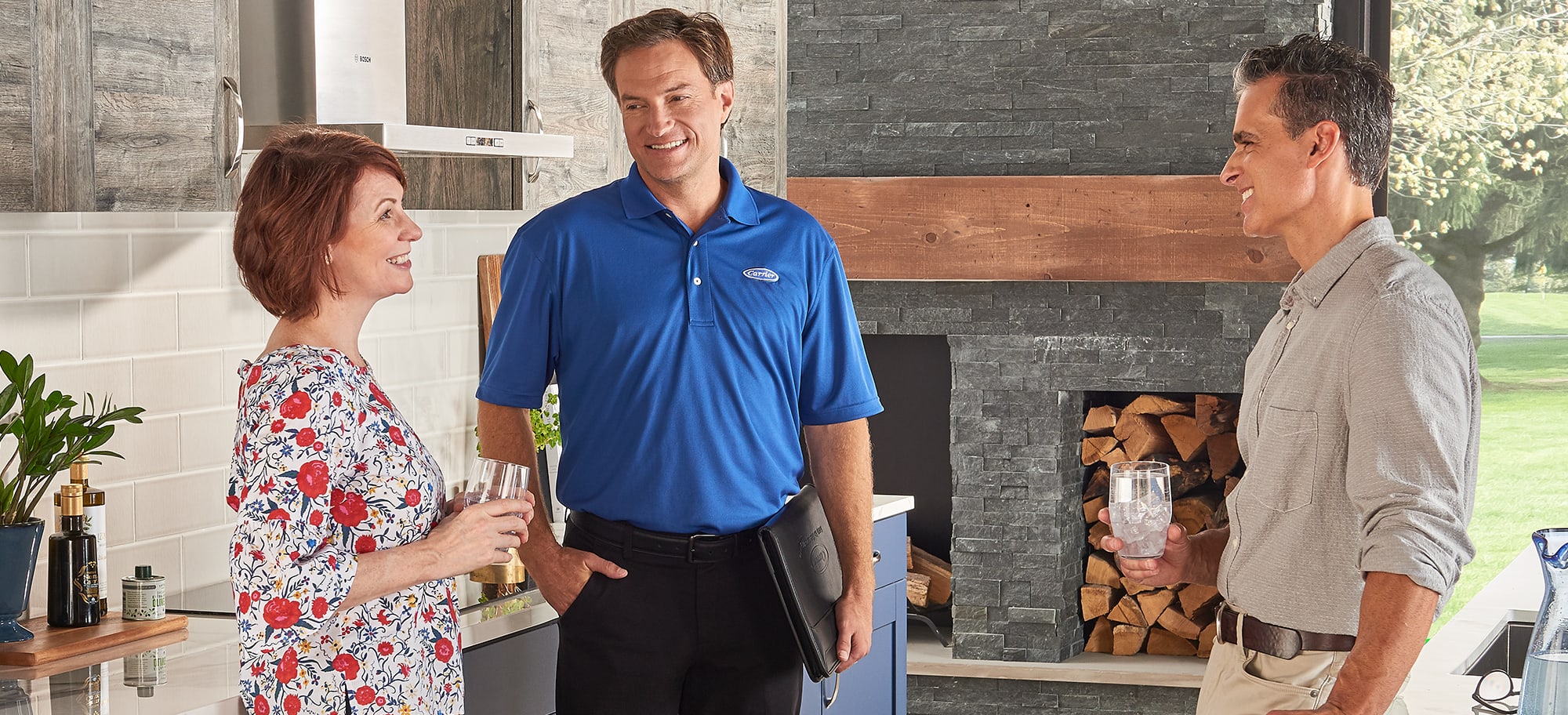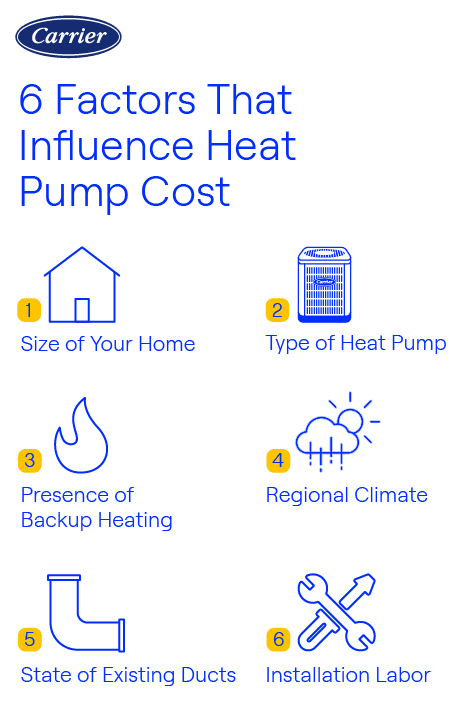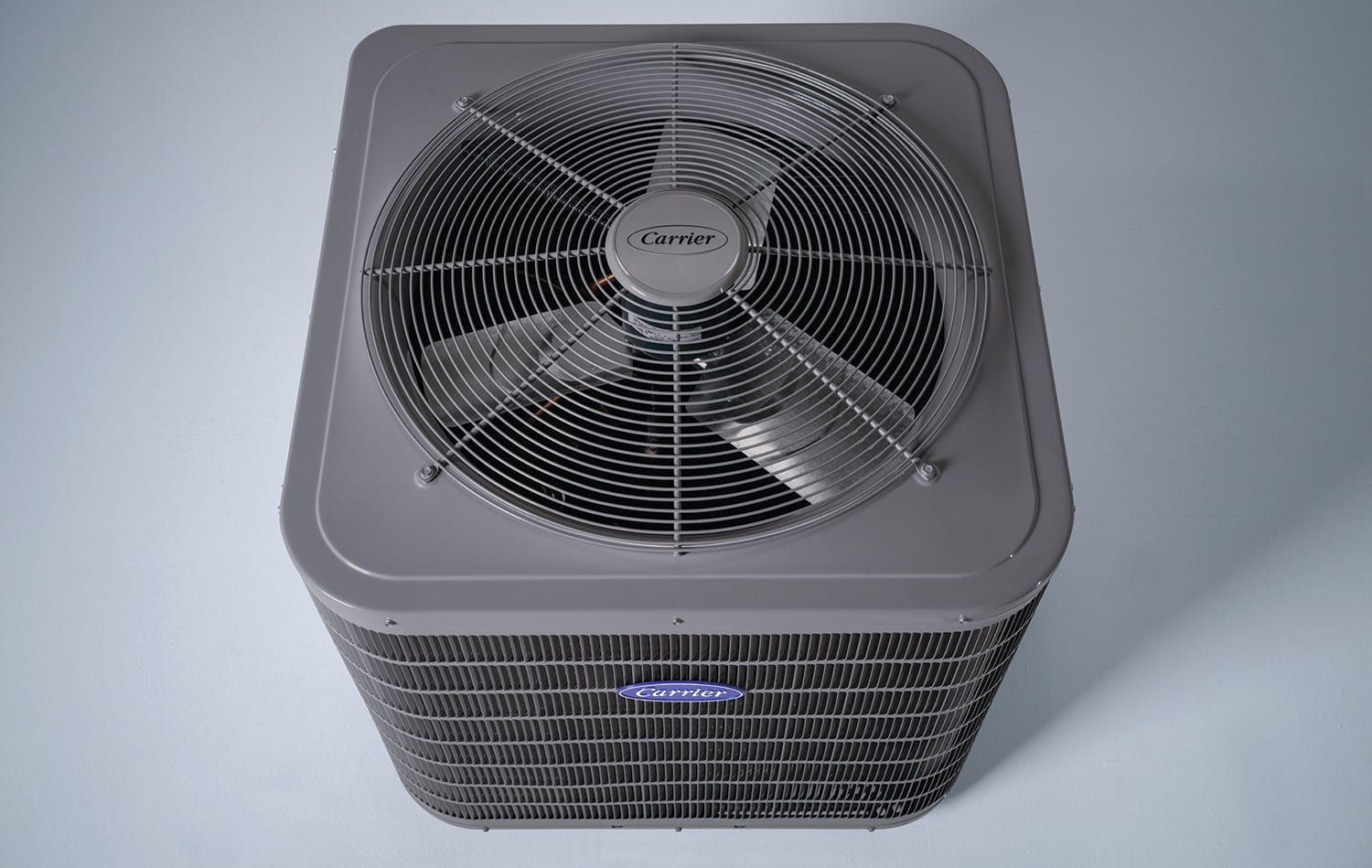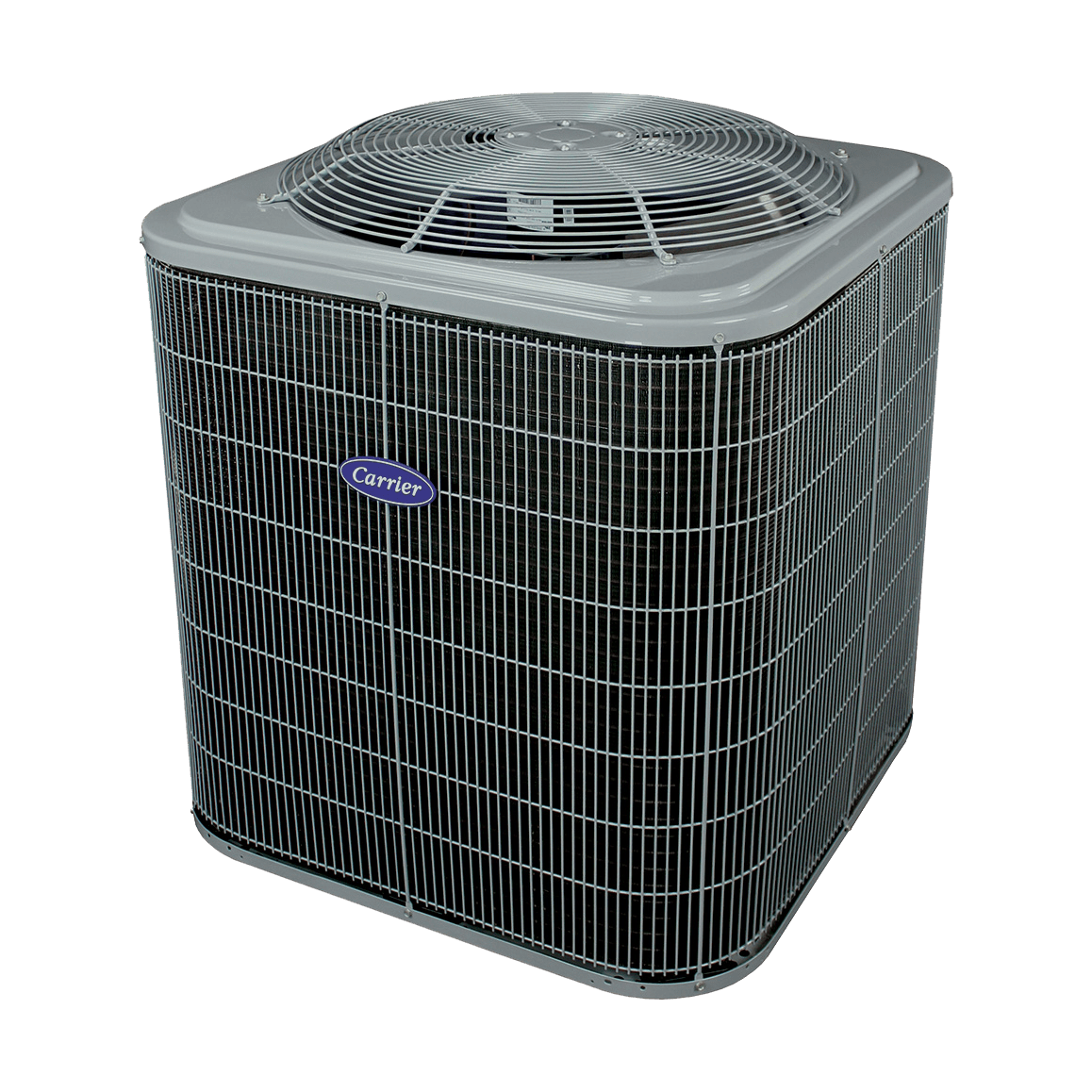2026 Heat Pump Cost Guide: Purchase, Installation & Repair
On average, heat pump installation costs and HVAC replacements for existing heat pumps cost range from $6,000 to $25,000. Common factors impacting installation and repair costs can include location, local dealer rates, unit size and specifications, heat pump efficiency, local permit costs, and more.
It’s true that HVAC systems typically last for many years. Eventually, for most homeowners, the day will arrive when it’s time to start researching about prices for heat pumps and labor costs to install them. And when that time comes, there are typically a number of new technologies, overall quality, energy efficiency and performance improvements available. Some of those newer technologies, naturally, can affect pricing, especially with higher end systems that have changed the way HVAC dealers in northern climates approach selling heat pump systems.
Learn more about how much heat pumps cost, discover financing and rebate options available, and more below. Or contact a local dealer to get a customized quote for your heat pump installation or repair.

How Much Does A Heat Pump Cost in 2026?
Heat Pump Installation Costs
- Local market
- Condition of the home
- Area climate
Heat Pump Replacement Costs
- Size of the heat pump
- Type of heat pump
- Labor costs
- Necessary ductwork modifications
6 Factors That Influence Heat Pump Costs

- Size of your home: The size of your home impacts the cost of a heat pump because larger homes require higher-capacity systems, which are more expensive to purchase and install.
- Type of heat pump system: The type of heat pump system affects the cost because higher efficiency systems are generally more expensive than lower efficiency systems, and geothermal systems are generally more expensive to install than air-source heat pumps.
- The climate in your area/region: The climate of your area can have an effect on the cost of a heat pump because colder regions may require more efficient or supplemental heating systems, increasing both equipment and installation costs.
- Supplemental/back-up heat source, if needed: Needing a supplemental or auxiliary heat source impacts the cost of a heat pump because it adds the expense of additional equipment, installation, and energy consumption during extreme cold conditions.
- Condition/quality of existing ductwork: The condition and quality of existing ductwork affect the cost of a heat pump because damaged or inefficient ducts may require repairs or replacement to ensure proper airflow and system performance.
- Labor rates in your area: Local labor rates may impact the cost of a heat pump because installation expenses vary by region, and higher labor rates increase overall project costs.
1. Size of Your Home
- Higher capacity units tend to cost a little more, and the size of the home also affects material costs, especially if new copper refrigerant lines or ductwork need to be installed.
- Higher than normal ceilings can increase the amount of heating and cooling capacity needed – For example 10’ ceilings, vaulted ceilings and rooms with an open 2nd story and/or a loft.
- Larger multi-story homes or single-story homes that are spread out might be better suited for a zoned system with a second heat pump, or the addition of a ductless heat pump. Zoned systems will add both material and labor costs on top of the cost of a second outdoor unit.
2. Type of Heat Pump
- Air-source heat pumps: Most typical heat pump systems are air-source systems that extract heat from outdoor air to provide heating energy for your home. Dual-fuel versions combine an air-source heat pump with a natural gas furnace and automatically use the heating source better suited for current conditions.
- Ground-source (geothermal) heat pumps: One of the most efficient heat pumps available, ground-source geothermal heat pumps use buried loop systems to extract useable heat from your home. The cost of buying and installing a geothermal system is often higher up-front but offers extremely high energy efficiency.
- Residential small packaged system: A residential small packaged system combines the indoor and outdoor units of an air-source heat pump into one cabinet.
Assuming you are looking for a typical split system, there are still a number of determining factors for how much a heat pump can cost. Just like buying a car, you can get into a basic economy model that will reliably get your from point A to point B... or you can get a top-of-the-line, luxury model with all the bells and whistles. Are you likely to look for a more basic heat pump unit that meets the minimum energy efficiency SEER2 ratings for air conditioning and HSPF2 ratings for heating? Or are you shopping for a unit that offers energy savings in the long run with higher energy efficiencies and technology upgrades that supply better comfort and humidity control with quieter operation?
Naturally, the higher end, higher performing units come with higher price tags. They also tend to be the models that qualify for utility company or U.S. government rebates for more energy efficient operation and reduced electrical usage.
Carrier heat pumps offer a number of energy-saving and comfort-enhancing features to consider when you are getting estimates for a new HVAC system. Features available include:
- Communicating systems that work together to improve both comfort and energy efficiency
- Variable-capacity and modulating systems that deliver precise heating and cooling loads based upon current conditions, and change as needed when conditions change
- Humidity-reducing technology to make you feel comfortable during hot, sticky days at higher indoor temperatures (during cooling operation)
- Sound-reducing features and functions that make your system whisper-quiet, outside and in

3. Regional Climate
Regional climates can also influence how much a heat pump cost.
In warmer climates: You could argue that typical air-source heat pumps are perfect for year-round comfort in warmer climates where heating demands are less rigorous. This is because heating efficiency drops during more extreme cold temperatures. In the summer, a heat pump system will have a longer overall runtime compared to how it would operate in a more moderate climate. Installing a higher efficiency heat pump system in a warmer climate home can help save money on monthly utility bills. However, keep in mind that higher efficiency systems tend to have higher prices for the unit and installation. In some cases, your local utility or the U.S. government may have available rebates for installing heat pumps with high SEER2 (cooling efficiency) and HSPF2 (heating efficiency) ratings. Higher efficiency units also tend to come with additional comfort features as well, so if you are more interested in comfort over energy efficiency, this might be the choice for you regardless of climate.
In cooler climates: Heat pumps in cooler climates will have less calls for cooling, and therefore less overall runtime over the duration of the cooling season. And because outdoor temperatures cool off sooner and tend to get more extreme, and the heating season lasts longer, heat pumps aren’t as popular in these areas. However, recent breakthroughs in heating capacity and efficiency (HSPF2) have changed the game and made high efficiency heat pump models a practical alternative in some cooler climates.
In moderate climates: Many manufacturers like Carrier offer mid-range units that strike a balance between higher efficiency and higher comfort operation and the bare-bones models. If you live in a more moderate area with periods of high temperatures, but potentially shorter or less intense heating seasons than in the North, these mid-tier offerings might be perfect for you. Mid-tier units might have two-stage operation, higher SEER2/HSPF2 ratings than the more basic models, and some of the comfort-enhancing features found on higher end units. As you would expect, these models price out somewhere in the middle and often represent a great value in cooling comfort.
4. Presence of Backup Heating
Especially in northern climates, air-source heat pumps typically need some type of auxiliary or backup heating. Traditionally, that would have meant adding electric resistance heating elements to the indoor air handler unit. Electric resistance heating, however, has low energy efficiency, and can result in high electric bills during periods of extremely cold temperatures.
Dual-fuel systems that include gas furnaces as an alternative type of heating source are becoming more popular solutions, especially in northern climates with longer and more intense heating seasons. These systems automatically choose the more efficient heating source based on current outdoor conditions – electric heat pump for milder temperatures, gas furnace for more extreme cold temperatures.
The installation costs for each of these types of systems can vary depending upon the size and number of electric heating elements needed for all-electric systems, or the AFUE (gas efficiency) of the furnace for a dual-fuel system.
Learn more about a heat pump vs. furnace.
5. State of Existing Ducts
When you contact a reputable HVAC contractor for heat pump prices, they will likely do a complete assessment of your current system and your home. That inspection should include the existing ducts. Older ductwork that has leaks, is clogged, or hasn’t been properly sized for the needs of the system will affect the price of installation. To better assure that your new heat pump delivers the efficiency and comfort you expect, and meets your overall satisfaction, your estimated installation costs will include the time and expense needed to make the necessary ductwork repairs. And, depending upon the severity of the issue(s), the labor and material costs can really add up. Prices for ductwork repair or AC duct cleaning will vary according to the amount and severity of the repair job.
6. Local Labor Rates
Labor rates play a significant role in the total cost of installing a new heat pump, as they vary by region based on factors such as cost of living, demand for HVAC technicians, and local regulations. In areas with higher wages or a shortage of skilled labor, installation costs can be substantially higher compared to regions with lower labor costs. Additionally, complex installations that require more time, expertise, or modifications to existing systems can further drive up labor expenses.
Beyond regional differences, the experience and reputation of the HVAC contractor can also affect labor costs. Highly skilled professionals may charge premium rates for their expertise, but their work can lead to better system efficiency and long-term reliability, potentially saving homeowners money on future heat pump repairs and heating and cooling bills. Conversely, opting for lower-cost labor may reduce upfront expenses but could result in poor installation, leading to higher operating costs and more frequent maintenance issues.

Ways to Save on Heat Pump Installation Costs
- Government rebates & tax credits – Check for local rebates that can lower the cost of purchasing and installing a heat pump.
- Improve home insulation ahead of installation – Enhancing your home’s insulation reduces heating and cooling demands, allowing your heat pump to operate more efficiently and potentially lowering installation costs.
- Ensure you’re purchasing a properly-sized unit – An appropriately sized heat pump avoids unnecessary energy waste and prevents overspending on an oversized system.
- Compare quotes from multiple contractors – Getting estimates from different HVAC professionals helps you find the best deal and ensures you’re getting quality service at a competitive price.
- Consider off-season installation – Scheduling your installation during less busy seasons, such as spring or fall, may lead to special offers or quicker service.
- Look for dealer promotions – Some dealers offer discounts, rebates, or financing options.
Contact a Carrier Dealer For More On Heat Pump Installation Cost
When contacting a local HVAC dealer about the cost of a heat pump, be wary of those who are willing to give a quick quote over the phone. Every home and every homeowner is different, so every job will have unique pricing based on the technician’s expertise. Carrier has a nationwide network of highly qualified, independent dealers who can assess your home’s requirements, discuss your comfort preferences and deliver options for heat pump installation costs. To contact a dealer near you, go to the Carrier HVAC Dealer page and click on the dealer locator link.
Check out our Ductless heat pump solutions
*SEER2 = Seasonal Energy Efficiency Ratio 2, an industry standard measure of energy efficiency during cooling operation for AC units and heat pumps
**HSPF2 = Heating Seasonal Performance Factor 2, an industry standard measure of energy efficiency during heating operation for heat pump systems
Explore Carrier Heat Pumps
Up to 18.5 SEER2 for enhanced energy savings with enhanced comfort features. Features InteliSense™ technology
Our highest efficiency and most advanced heat pump with up to 23 SEER2 for premium energy savings with extremely quiet performance and premium comfort features.
Up to 16 SEER2 for moderate energy savings with standard comfort features.
FAQs About Heat Pump Cost
Heat pumps can be worth the expense due to their energy efficiency, lower operating costs, and dual heating and cooling capabilities. While initial installation is higher, the long-term savings on heating and cooling bills and potential increase in home value make them a good investment, especially in mild climates.
Learn more about the benefits of heat pumps.
Learn More About Heat Pump Installation
- Learn what is a heat pump?
- Learn about the differences of a heat pump vs air conditioning.
- Heat Pumps: A Sustainable Comfort Solution
- Get in the know on cold climate heat pumps
- Discover what an air source heat pump is




